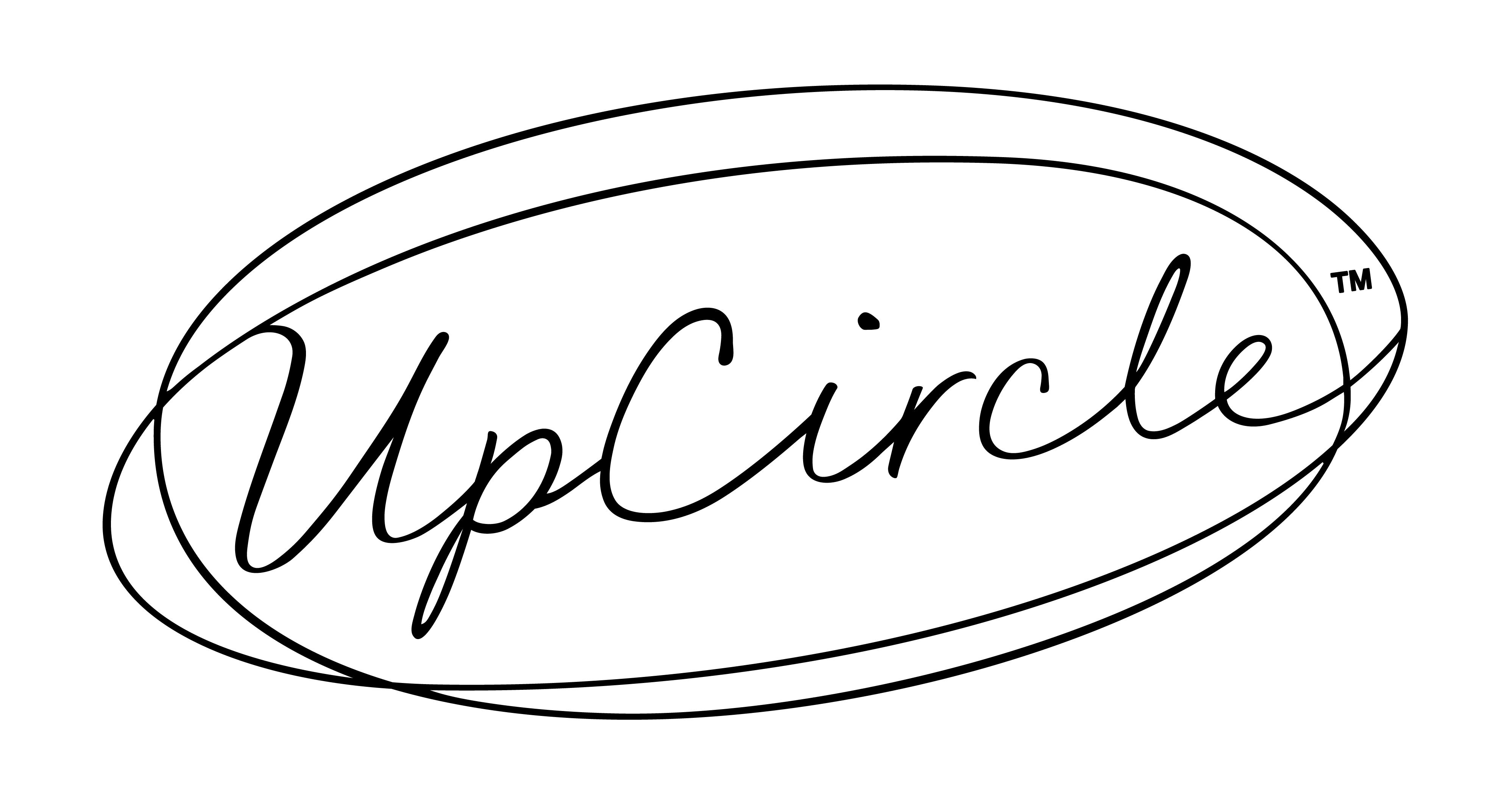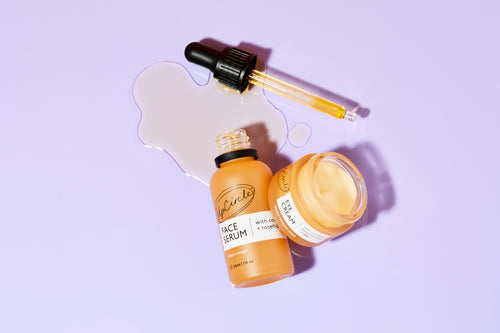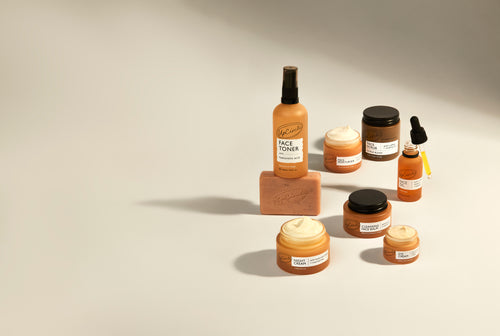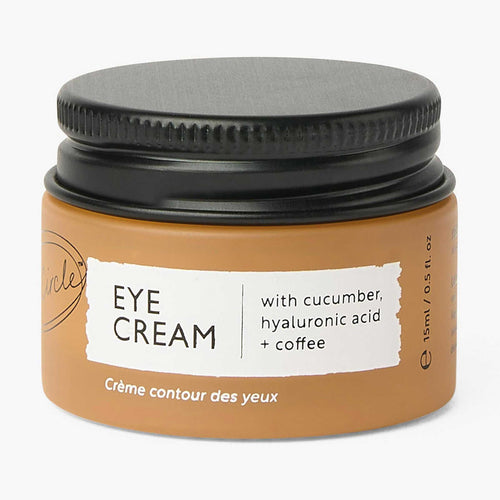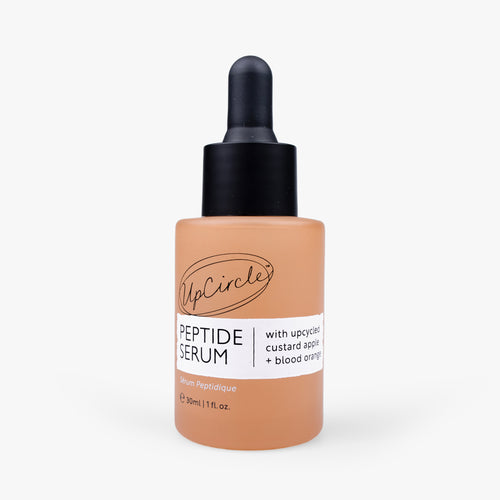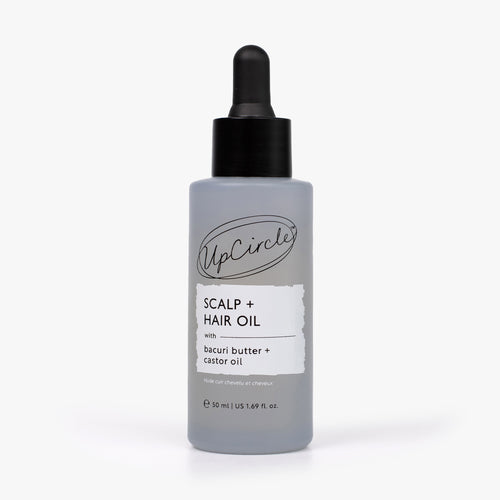How can we reduce the amount of rubbish that we each produce? You may have seen blog diaries of eco-warriors cutting their waste down so much they can fit a whole year’s worth of rubbish into one small glass jar. An eight-ounce mason jar to be exact, the sort that’s perfect for your summer margaritas! These are the zero-wasters (so-called by us), championing green living by actively reducing their rubbish output by an astounding amount. But there is more to the zero waste movement than those stylised images of junk jars on your Insta feed.
What is zero waste?
Zero waste is fairly self-explanatory – at its most basic, it’s about producing as little waste as possible. But this goes beyond simply being sustainable or recycling a little bit more. It’s about actively trying to send nothing to landfill. Nada. Zero. Or at least, striving to fit any waste you do produce into a teeny tiny jar. Thing is, it is extremely hard to live completely waste-free, as a lot of the waste that you produce is out of your control, but it’s a goal that’s worth aiming for.
Why jump on the zero waste bandwagon?
Sadly, just recycling isn’t enough to help repair the damage done to our lovely planet. Recycling treats the symptoms of our disposable culture, and not so much the root of the problem. Tackling how much we consume and how much waste we produce is the key to making real progress.
Living a zero waste lifestyle aims to move us away from our disposable, linear economy of using up all resources until their gone, towards a circular one. Whether it’s reusing food waste as compost for your garden, upcycling old clothes for soft furnishings or repurposing used coffee grounds as body scrubs. In extending the life of these supplies by using them again and again in new ways, we can help preserve and replenish the world’s resources.
How to start a zero waste lifestyle:
Buy less
It sounds really obvious, but less in, means less out. When you do buy new things, first ask yourself whether you really need it. Can you repair or upcycle an item instead of putting it in the bin? Can you make do with something else? By becoming more conscious about what you are consuming and why, you can start to make small choices that ultimately lead to a less wasteful lifestyle.
Waste not want not
Hold up. Take a breath before you go rooting through your cupboards chucking things into binbags and heading out to spend a fortune on greener alternatives. While investing in more sustainable alternatives is always a good shout, counter-productive to throw away stuff you’ve already bought just to buy more stuff to replace it all. Sustainable or otherwise, it’s still more stuff. Use up what you have, then when you truly need to replen, seek out greener alternatives. Creating waste to reduce waste makes no sense at all!
Simple swaps
You’ve reduced how much waste you produce. Level 1 complete. Zero waste is still a fair way off, but don’t sweat it, even the infamous zero-wasters aren’t completely zero waste. You’re on the right path. It is simply undeniable that in life, you need to buy things, but there are several waste-minimising options. Whether it’s finding a second-hand version or buying from sustainably-focused brands, there’s a lot you can do to keep your waste output low.
Opt for simple swaps such as trading tissues for handkerchiefs, washable cotton pads instead of disposable ones, using glass or stainless-steel storage containers and water bottles rather than plastic. Choose a food store which sells loose produce. Find a store that sells in bulk. This’ll help reduce packaging and the frequency of your shopping trips (which if you drive, also reduces petrol!).
Become a DIY guru
Since the start of human history, we’ve made our own commodities. It’s only recently that we’ve got used to buying everything sourced for us and readymade. Once upon a time, you would have handmade your own clothes, furniture, shoes, food, even your own home. Today, we are so used to buying pre-made items that we often don’t realise how easy it is to make things ourselves. Whether cooking from scratch or creating DIY skincare, concocting cleaning products or mending clothing, you’ll be amazed at how much you can make yourself and how stupidly simply it is. Once you go DIY, you won’t go back.
Green thumbs
We spend an awful lot of our lives eating (which is not a bad thing in our eyes). Downside is, this also means that we create an astonishing amount of food waste. Around 40% of food waste in the UK is sent to landfill, where it struggles to decompose and takes up valuable space. One of the best ways to reduce your waste is to simply reuse your organic waste for something more useful – like compost. Now, you may be thinking, ‘that’s all well and good for those who have a garden, but I don’t have anywhere to put compost’. Au contraire! Even if you don’t have your own garden or allotment which you can treat to some composted love, you can still compost your eggshells and banana skins.
Why not use your home-made compost for your houseplants, offer it to your neighbours with gardens, donate it to a school or community garden or check for local compost heaps. There are loads of places that can make use of your organic waste, particularly if you are handing them your home-made compost for free! There are also compost pick-up services like Veolia and food waste recycling services such as Biffa that can come to your home or place of work to take your food waste off your hands, ensuring that it is put to good use. Recycling food waste has never been easier!
At UpCircle, we’re determined to leave the planet better than we found it. We inspire others to lead less wasteful, sustainable lives by repurposing leftover natural ingredients. What once might have been considered waste is given a new life by being turned into some of our skin-loving beauty products. With every tube of body scrub, bottle of peptide serum and bar of soap that we make, we are saving valuable natural ingredients from landfill. Why not join us on our zero-waste mission by becoming an UpCircler?
